DRYHARD
PRODUCT DESCRIPTION
DRYHARD is a single-component, water-based product that acts as a hardener, sealer, and dustproofer for the treatment of concrete surfaces or cementitious matrix supports.
FEATURES:
• When diluted with water, it can be used as an anti-evaporation agent
• Eliminates pop-out phenomena (ASR - Alkali Silica Reaction)
• Reacts with salts present in the concrete, eliminating surface dust
• Improves resistance to freeze-thaw cycles
• Reduces permeability to oils, grease, or surface contaminants
• It is water-based, non-toxic and contains no volatile components (VOCs)
• Improves the adhesion of paints and coatings, eliminating salts
• It is compatible with any type of coating.
GREEN TECHNOLOGY
DRYHARD is an environmentally friendly product that utilizes the chemistry of cement to perform its function, allowing for future recycling and avoiding the use of coating materials that would require high disposal costs.
DOSAGE
Consumption depends on the cement dosage and type of application: Consumption depends on the type of application: generally 1 liter per 5/7 m².
AREAS OF APPLICATION
• Industrial flooring
• Prefabricated floors with closed surface finish
• Logistics warehouses (high forklift traffic)
• Airplane hangars
• Industrial and food laboratories
• Multi-story parking garages
Benefits
DRYHARD is easy to apply:
- Just spray it with a low-pressure sprayer.
- It is effective on both new and existing pavements.
- A single application guarantees a permanent effect, without the complication of intervening in several coats.
- Increases the adhesive properties of sealers and coatings to be applied. Increases the durability of concrete and its surface strength
Product Lines
New
The line of Drykos for new construction was specially developed to increase the durability of concrete structures.
Discover the line
Repair
Drykos' product line has been expressly developed to quickly, effectively, and sustainably restore deteriorated concretes.
Discover the line
Protection
It enables infrastructure to withstand the most critical conditions such as chemical aggression, chlorides, carbonation, freeze-thaw cycles.
Discover the line
PROJECTS















